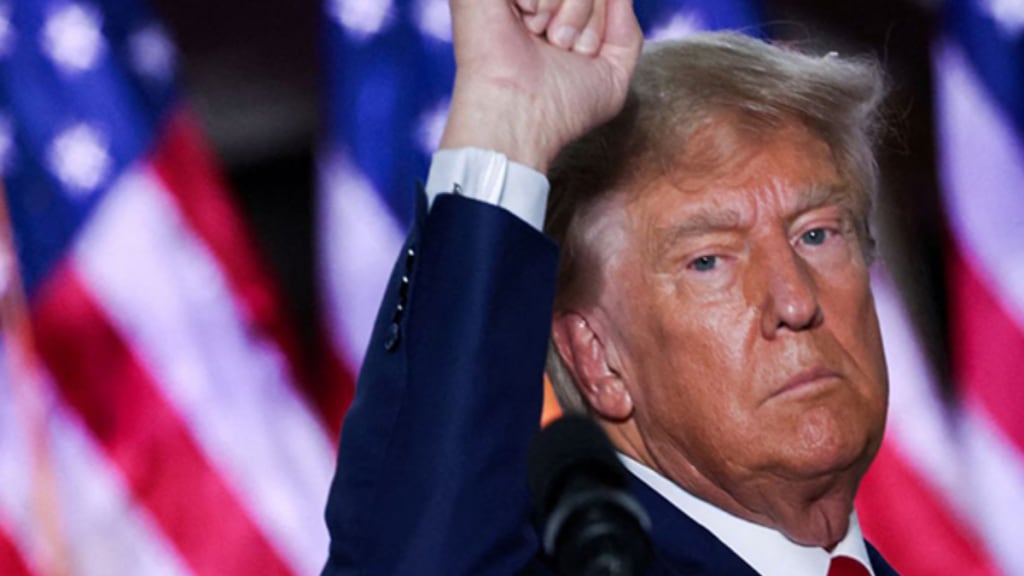In a fresh escalation of economic tensions between the United States and China, the Trump administration has signaled it is not ruling out the possibility of delisting Chinese companies from U.S. stock exchanges. The statement came as both nations ramped up tariffs on each other’s goods, sparking volatility across global financial markets.
US Treasury Secretary Scott Bessent, in an interview on Fox Business Network on Wednesday, said “everything’s on the table” when asked whether Chinese companies trading in U.S. markets could be delisted. “That will be President Trump’s decision,” Bessent added. “At the end of the day, President Trump and Chairman Xi have a very good personal relationship, and I’m confident this will be resolved at the highest levels.”
The warning comes amid a growing trade standoff, with the White House announcing on Thursday that tariffs on most Chinese imports now stand at 145%. A day earlier, President Trump had slapped a new 125% levy on Chinese goods, prompting Beijing to retaliate with 84% tariffs on American products.
However, in a surprise move, the U.S. also announced a 90-day pause on most tariffs—excluding those on China. President Trump said the pause aims to give “strategic partners” time to recalibrate, while adding that China does not qualify for the exemption due to its “lack of respect.”
Market reactions were immediate. On Thursday, the S&P 500 fell 3.5%, the Nasdaq dropped 4.3%, and the Dow Jones Industrial Average lost 2.5%. Oil prices also tumbled over 3% amid fears of a broader global economic slowdown.
As of March 7, 286 Chinese firms were listed on U.S. stock exchanges, with a combined market capitalization of $1.1 trillion. These include major players like Alibaba (BABA), valued at $240 billion; Pinduoduo (PDD), parent of Temu, worth $150 billion; and electric vehicle giants NIO, XPeng, and Li Auto, with a collective cap of over $50 billion.
A potential delisting could send shockwaves through markets and further sour U.S.-China economic relations.

